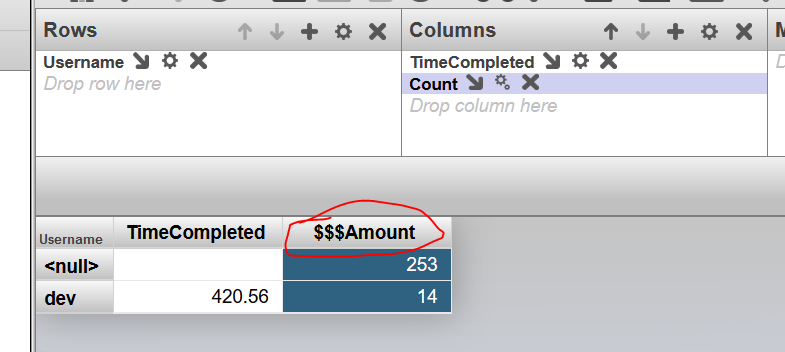I've recently encountered a HS Caché that won't start informing that Collation 30 is not available, but I have not found an easy way of knowing what collation is 30.
I've found that the following command returns the ones from the current locale, but not from all locales:
Set Rset = ##class(%ResultSet).%New("%Library.Collate:CollationList")
d Rset.Execute()
While (Rset.Next()) {zw Rset.Number_": "_Rset.Name}Thank you

.png)
